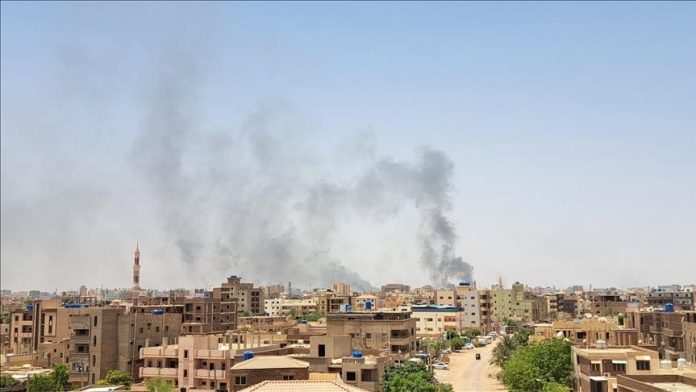According to the World Health Organization (WHO), the death toll in Sudan from ongoing hostilities between the military and the paramilitary Rapid Support Forces (RSF) has risen to 83, with 1,126 injured.
In a statement, the WHO urged the parties to maintain neutrality in the delivery of healthcare services and to provide unrestricted access to hospital facilities for individuals injured in the conflict.
During the confrontations, rockets hit the residence of Sudanese Minerals Minister Mohamed Bashir in Khartoum, killing two family members.
Three others were hurt, including two bodyguards. Bashir was uninjured.
The Minerals Ministry building was also targeted on Saturday.
Meanwhile, the Sudanese Armed Forces (SAF) said in a statement that the RSF used snipers to strike certain buildings in the army headquarters in the city.
“We know that RSF members who have served their country before are far from being a tool that will serve the goals and agenda of a single person,” it stated, urging RSF members to join the army and serve their country. The country still requires your assistance.”
It was also stated that the matter would be rectified soon.
In recent months, a disagreement between the army and the RSF over military security reform, which calls for “the full participation of the RSF in the army,” has escalated into a fierce fight.
The conflict between the two sides erupted Thursday, when the army stated recent RSF movements were uncoordinated and unlawful, with their schism centered on a projected transition to civilian control.
Sudan has been without a functioning government since October 2021, when the military deposed Prime Minister Abdalla Hamdok’s transitional government and established a state of emergency, a move that political forces have labeled as a “coup.”
Sudan’s transitional period, which began in August 2019, was supposed to end in early 2024 with elections.

